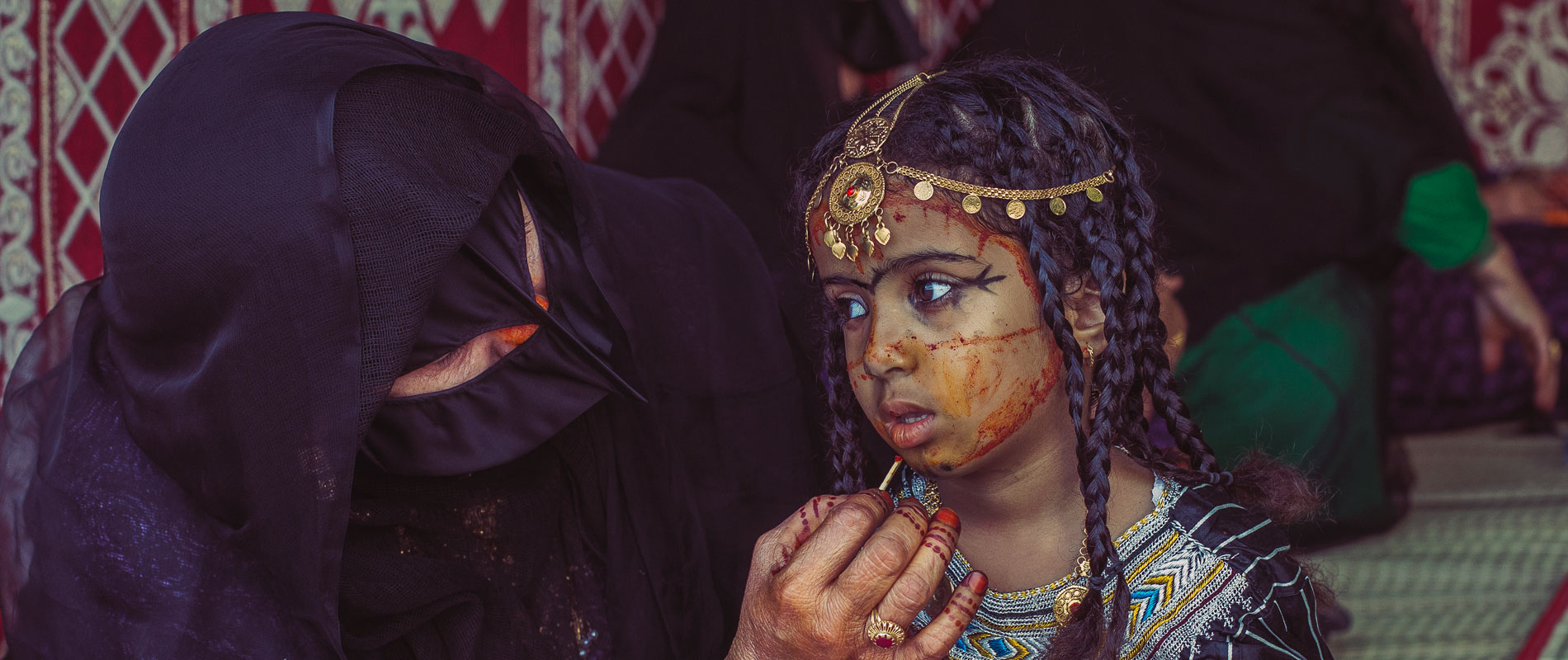Tales to tell

Kings Daughter

Once upon a time, a king sought a husband for his beautiful daughter. Many young men wanted to marry her, and whoever did would inherit the kingdom. But the king’s daughter had one flaw; she refused to speak.
Once upon a time, a king sought a husband for his beautiful daughter. Many young men wanted to marry her, and whoever did would inherit the kingdom. But the king’s daughter had one flaw; she refused to speak.
One day, the king announced he would give his daughter’s hand in marriage to anyone who enticed her to speak. If anyone tried and failed, he must remain to serve as the princess’s servant.
In another kingdom, there lived a king with three sons. Naturally, he wished that one of his sons would marry the princess. He gave his eldest son a fine ship that he filled with many gifts, and as he waved farewell, he said, “The moment she sees you, she’ll speak.”
The eldest prince was confident the princess would love him. After all, he was immensely handsome, tall and strong and brave.
He sailed to shore and appeared before the princess, where he bowed. She said not a word, and so he offered her silks and satins, jewels and brocades, sweets and beads. He bowed. He preened. He promised her the world. But no matter what, she would not speak.
When the first prince did not return, the king decided to send along his second son. Like his brother, he was handsome and brave, and he could sing more beautifully than anyone. “I’ll woo her easily,” the second prince told his father confidently.
Once again his father gave him a ship filled with magnificent gifts.
When the second prince arrived before the princess, he began to sing. He smiled. He told her beautiful tales. And still she would not speak, and he, too, was ordered to remain to serve the princess.
Then the king’s third son, whose name was Abu, asked his father if he might follow in his brothers’ footsteps. Abu was kind and was well liked and generous to the poor, unlike his brothers.
The king refused. “The princess won’t like you. You do not sing. You are not as handsome as your brothers. All your life you have done nothing but engage in silly pursuits. You are not bold or brave. A princess will never love you.”
Abu begged the king’s advisers to change his father’s mind.
The advisers said to the king, “Give him a chance. If he never returns, so much the better. You will no longer have to watch him waste his life.”
And so the king agreed to send Abu to see the princess. But this time, he gave only a small sack of money and a tiny boat.
When Abu presented himself before the princess, her father was not impressed. This young man had no money, no gifts, no impressive talents to show.
“You realize,” said the king, “you must make my daughter speak within the day or you will lose even your freedom.”
“I understand,” Abu said, but he requested to go to the majlis, the meeting room. There he greeted everyone in his warm, friendly way, and instead of speaking only to the princess, he spoke to everyone.
“I have a question,” he told the people gathered there. “Whoever answers my question will earn a great deal of money.”
“We are listening!” the people said, and they moved in close.
“Three brothers own a farm. The first plows the land. The second sows the seeds. The third brother waters the land. Who, then, owns the land?”
Before anyone else could say a word, the princess cried, “The brother who waters it!”
When the king heard this, he turned pale. “Unfair,” he said. “You may not marry my daughter, but you shall have one more day to make her speak again. This time you may not use a trick.”
Abu agreed, and the next day he appeared before the people assembled in the majlis and said, “Three brothers seek the hand of a princess. The first has a telescope, the second a magic carpet, the third a magic apple. When the brothers look through the telescope, they see, in the distance, that the princess is dying. They climb upon the carpet and fly to her side. The third brother offers her the apple, and when she bites it, she is healed. Who saved her life?”
The princess cried, “It is the brother who gave her the apple!”
The king was mystified, but he could no longer refuse his daughter’s hand in marriage.
“I will marry the princess,” Abu said. “But I also want to sail to my own land and to take my brothers back home.”
The king agreed to this plan, and the two were married.
The next day, Abu and his princess, along with his brothers, boarded the small boat to sail home. During the voyage, the two older brothers threw Abu overboard.
When they reached home, the king was overjoyed to see his eldest sons and the beautiful princess.
But the princess was crying.
“Why are you sad?” the king asked. “You can marry one of my brave sons!”
She shook her head. “I loved your youngest son,” she wept. “I loved Abu.”
Meanwhile, the dolphins rescued Abu and carried him upon their backs to the shore, and when the people of Abu’s land saw him, they cheered. “Kind Abu has returned!”
When the princess heard the people calling out her husband’s name, she ran down to the sea. When she saw Abu, she hugged him tightly. “I love you, my husband!” she said.
Abu’s father and brothers finally understood that they could do nothing to undo true love, and Abu and the princess who chose him lived happily ever after.